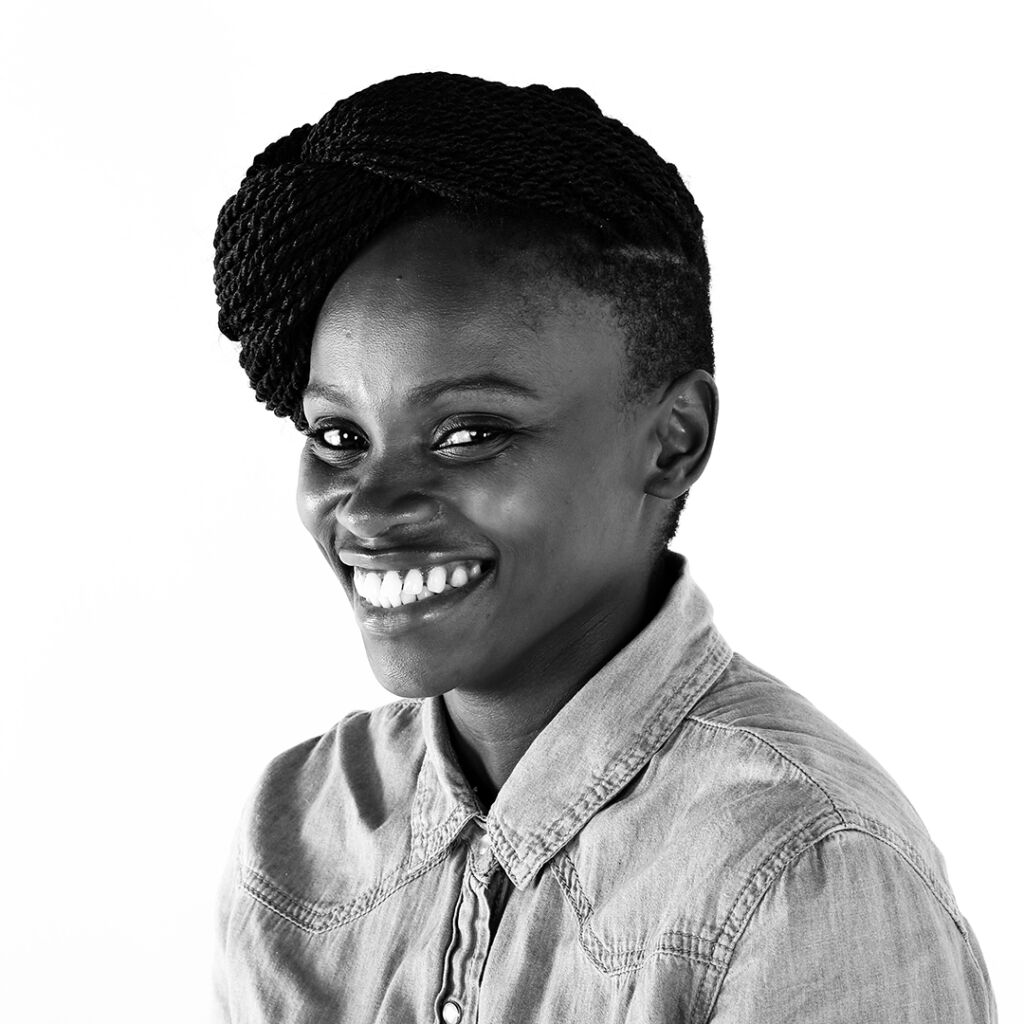Dr Sivuyisiwe Situngu
It’s the little microbes in the soil that may well “prove to be the solution to the threat of food shortages and degradation of agricultural lands,” says Dr Sivuyisiwe Situngu.
“I have always had an interest in soil rhizosphere microorganism-plant interactions,” she says, and “I have finally initiated collaborative projects looking at the effects of climate change drivers on soil micro-organisms in grassland and savanna ecosystems.”
She says that “with this new interest of mine, I hope to generate novel information that can be incorporated into climate change models that aim to predict the impact of temperature, fire and drought in grasslands and savannas. Furthermore, I hope to use my results to inform farmers in agricultural systems about the potential soil microbe have as bio-fertilisers and how their use can help to solve issues related to food security.”
Situngu hopes to show that South Africa’s grassy systems “have unique and diverse soil microbial communities, some of which enhance plant growth and development. I expect that my studies will show that African systems are resilient to fire and drought, and that these systems may be able to adapt in the future when atmospheric carbon dioxide levels are higher.”
She says that greenhouse experiments she is involved in with maize are “looking at how some species of soil microbe could be used to improve the growth and development of such an economically important plant. We hope to show that our local biological systems are a great source of solutions and that we need to turn them to find solutions to many of our environmental problems. In this case, they could prove to be the solution to the threat of food shortages and degradation of agricultural lands.”
Situngu says her research “fills a gap in our understanding of the diversity of soil microorganisms associated with our native grass species. We are doing these studies as a first step toward finding solutions to one of the world’s problems, and that is land degradation and the threat of having food shortages. The solution is to first understand which biological and environmentally friendly intervention options we have. In this case, that would be testing soil microbes as bio-fertilisers, which is what I plan to do.”
Another subject which thrills her, and which has been the focus of previous research, is “understanding South Africa’s diversity of mites. The biggest highlight from this research is that I discovered 16 possibly new species of mites. and some of these mites are predatory and thus can be used as biocontrol of pest mites while others can be used to control the spread of invasive plants. I am currently working on identifying an eriophyid mite that has been observed on a few populations of the native Tamarix plants. We are hoping to test whether this mite can control the invasive and exotic species of Tamarix here in South Africa.
Situngu hopes that if she wins then JWO Award it will fast-track her academic career. “I would start planning my research calendar the following day,” she says.
She considers that, apart from climate change, “the two biggest challenges facing Africa are overpopulation and land and resource exploitation. These challenges are co-related and exacerbated by poverty in the continent.”
She believes that important scientific developments include “the use of remote sensing, and earth observation satellites as new tools for conducting ecological research and as tools to aid conservation and management of ecosystems. This is something I am looking into a lot and I hope to teach myself the skills necessary to be able to do such studies.”
When not doing research, Situngu is inspired by teaching and training students. “I am excited to have discussions about my research and get new insights,” she says.
Her secret ambition? “I am a good singer and I believed I was going to the South African equivalent of Beyonce,” and she still wants to audition for Idols SA.
Dr Sivuyisiwe Situngu is currently a lecturer in the School of Animal, Plant and Environmental Sciences at Wits University.
In 2019 she made the Mail and Guardian top 200 Young South Africans list in Science and Technology.
She obtained her BSc Honours in Biodiversity Conservation from Rhodes University, and her PhD in Ecology, also from Rhodes. The title of her PhD thesis is “Studies in leaf domatia – mite mutualism in South Africa”.




